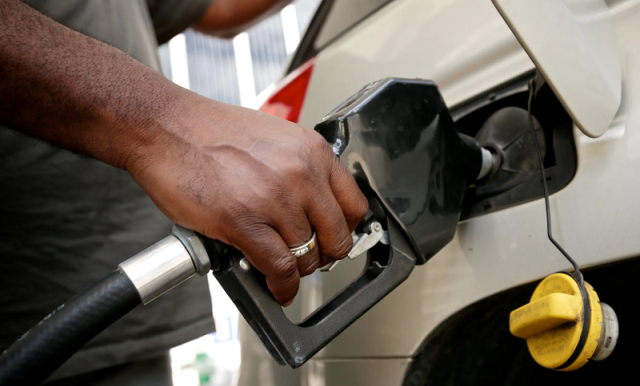A vehicle's performance and reliability depend heavily on the condition of its fuel system. The fuel system is responsible for delivering the right amount of fuel to the engine at the right time, ensuring efficient combustion and smooth operation. When neglected, even small issues within the system can lead to reduced fuel economy, poor engine performance, and costly repairs. Understanding the importance of maintaining your vehicle's fuel system helps drivers keep their cars running efficiently and avoid unnecessary problems down the road.
How the Fuel System Works
The fuel system includes several components that work together to store and deliver fuel. These typically include the fuel tank, pump, injectors or carburetor, filters, and fuel lines. Each part has a critical role: the pump moves fuel from the tank, the injectors regulate precise delivery into the combustion chamber, and filters prevent contaminants from entering the engine. When all these parts function properly, the engine receives a clean, consistent fuel supply that maximizes performance and efficiency.
Preventing Contamination and Build-Up
Fuel naturally carries small amounts of debris and impurities, which can accumulate over time. Without proper maintenance, contaminants such as dirt, rust, or water can clog injectors and filters, disrupting the flow of fuel. This leads to poor combustion, reduced efficiency, and potential damage to the engine. Regularly replacing fuel filters and using quality fuel helps prevent build-up and keeps the system clean. Preventative care is far less expensive than repairing damage caused by contaminated fuel.
Improving Fuel Economy
One of the clearest benefits of maintaining your fuel system is improved fuel economy. A clogged injector or dirty filter forces the engine to work harder, consuming more fuel than necessary. By keeping components clean and functioning properly, the system delivers the exact amount of fuel required for combustion, avoiding waste. Better fuel efficiency not only saves money at the pump but also reduces environmental impact by lowering emissions.
Ensuring Smooth Engine Performance
A neglected fuel system often leads to noticeable issues such as rough idling, hesitation when accelerating, or difficulty starting. These problems occur when the engine is not receiving the proper air-fuel mixture. Routine maintenance—such as injector cleaning or filter replacement—ensures that fuel delivery remains consistent. This keeps the engine running smoothly, reduces wear on internal components, and provides a more enjoyable driving experience.
Protecting Against Costly Repairs
Small problems in the fuel system can quickly escalate into expensive repairs if ignored. For example, a clogged injector can lead to uneven combustion, which may damage pistons or valves. A failing pump may cause the engine to stall or fail entirely. By investing in routine fuel system maintenance, drivers avoid these risks and extend the lifespan of their vehicles. Regular inspections and timely replacements of worn components are far more affordable than major engine overhauls.
Supporting Longevity in Modern Vehicles
Modern vehicles rely on advanced fuel pump systems that require precision to function properly. Even minor inefficiencies can throw off performance or trigger warning lights. Maintaining the fuel system ensures that these advanced technologies operate as intended. For vehicles equipped with turbochargers or performance upgrades, maintenance becomes even more critical to prevent fuel starvation and ensure reliable operation.
Signs That Maintenance Is Needed
Drivers should be aware of common signs that indicate fuel system maintenance is due. These include decreased fuel efficiency, loss of power, rough idling, or difficulty starting the engine. If these issues arise, having the system inspected promptly can prevent further damage. Even without obvious symptoms, regular service intervals recommended by manufacturers should be followed to keep the system in peak condition.
Conclusion
Maintaining your vehicle's fuel system is essential for efficiency, performance, and long-term reliability. A well-maintained system delivers clean, consistent fuel for optimal combustion, improves fuel economy, and protects against costly repairs. By keeping up with regular inspections and maintenance, drivers ensure their vehicles remain dependable, efficient, and ready for the road ahead. A little care for the fuel system goes a long way toward preserving the life and performance of any vehicle.






